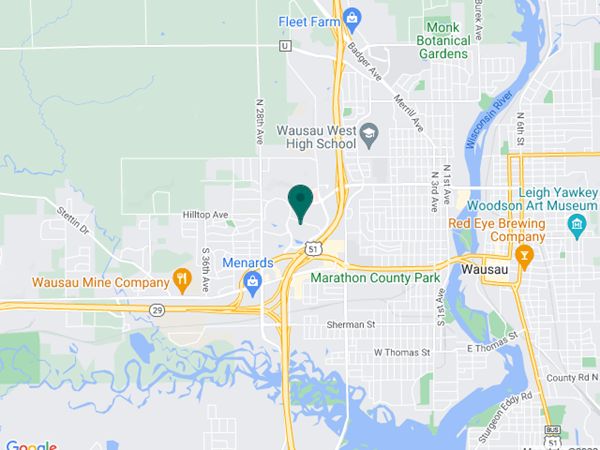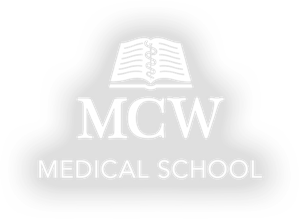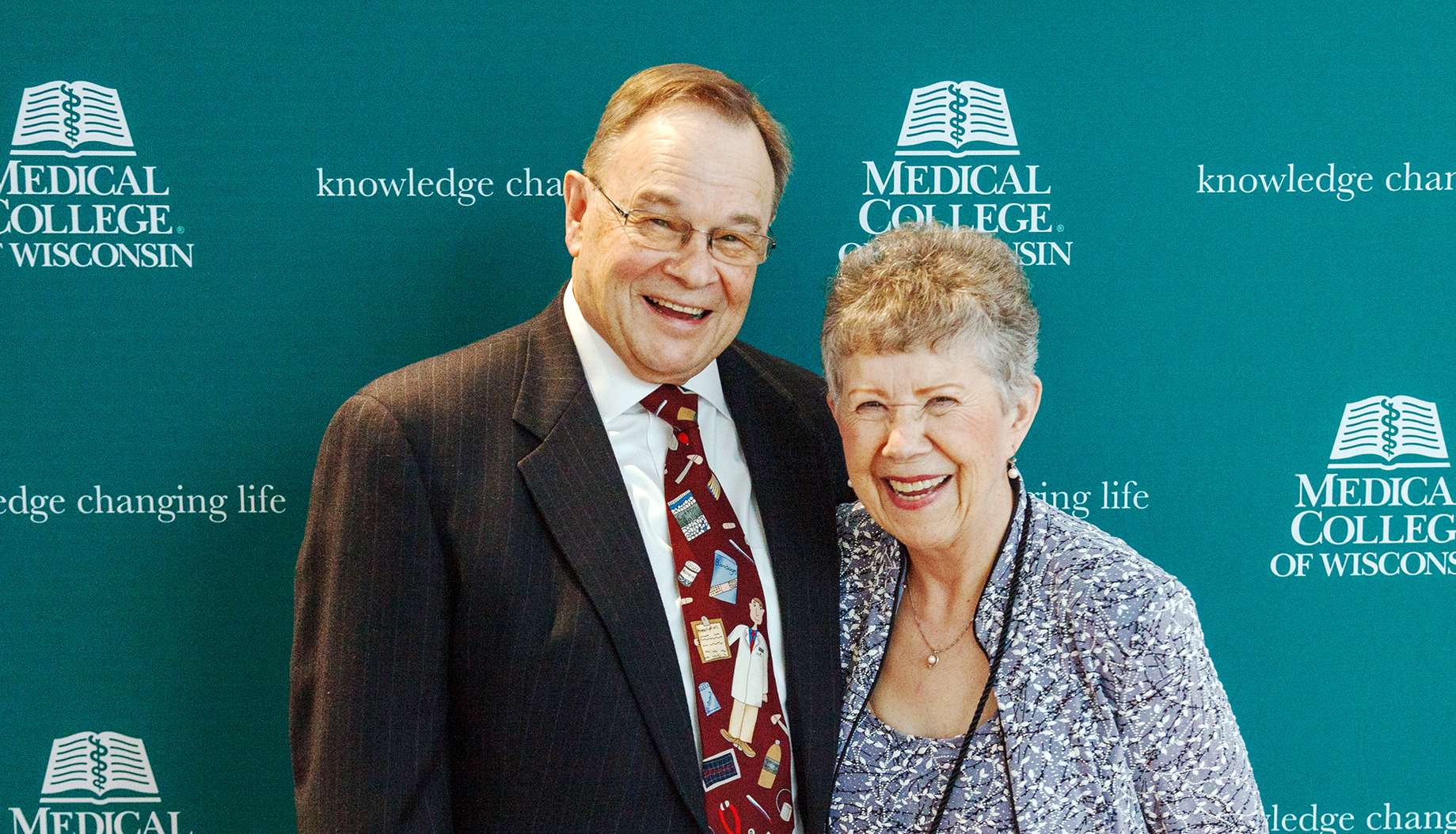MCW-Central Wisconsin
We are a regional campus that develops community-focused physicians who will meet the healthcare needs of Central Wisconsin and surrounding regions.
Surrounded by woodlands, hills, lakes and an abundance of fresh air, the Central Wisconsin area offers the amenities of an urban setting balanced with a thriving arts and entertainment community, where outdoor activities can be enjoyed year-round.
Working in partnership with the best academic and medical institutions in the region, the MCW-Central Wisconsin campus features an accelerated 3-year program which provides students with an opportunity to begin practicing medicine one year earlier than traditional programs.
Our community-focused academic program offers one-on-one attention from some of the best physicians in the region, along with contemporary learning technology, and opportunities to build leadership skills and form lifelong friendships.
Our Vision

Academic Program
The MCW-Central Wisconsin campus features an innovative and focused three-year curriculum, making it possible to complete your medical school experience in three years.
Learn about our three-year curriculum
Prospective Students
If you love the quality of life that comes with year-round outdoor sports and entertainment, balanced with great schools and quality family life in a mid-size city with top amenities, this campus may be for you.
Information for prospective students
Current Students
At MCW, your medical education is at the core of everything we do. Faculty and staff are dedicated to helping you discover your potential and true calling in medicine, whether you want to focus on patient care, research or medical education.
Current student resources-
Meet Our Team
Meet the faculty and staff at MCW-Central Wisconsin.
Meet our team -
Join Our Team
Review open positions MCW-Central Wisconsin is currently recruiting for.
Join us! -
Apply to MCW-Central Wisconsin
Review important information on applying to MCW-Central Wisconsin.
Learn how to apply -
Give to MCW-Central Wisconsin
Philanthropic support is critical to our success. Learn more about giving to MCW.
Learn how to donate
MCW Mission
Contact Us
1900 Westwood Dr., Suite 3100
Wausau, WI 54401
(715) 870-0900
Directions & Maps
Resources to help navigate to our campus.












